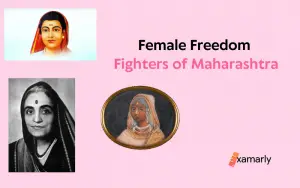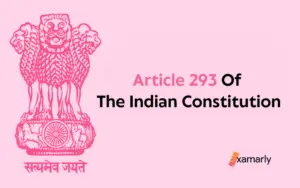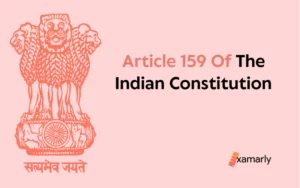Overview
Article 111 of the Indian Constitution talks about how a Bill gets assented to by the President of India. What all conditions are applied and what are all to be considered?
In previous articles like Articles 110 and 109 of the Indian Constitution, we saw how a Bill reaches its final stage. In this article, we will know what happens at the final stage of the Bill.
Let us dig deep into the concept by analyzing the actual quote from the Constitution of India.
What does Article 111 of the Indian Constitution Say?
“111. Assent to Bills When a Bill has been passed by the Houses of Parliament, it shall be presented to the President, and the President shall declare either that he assents to the Bill, or that he withholds assent therefrom Provided that the President may, as soon as possible after the presentation to him of a Bill for assent, return the Bill if it is not a Money Bill to the Houses with a message requesting that they will reconsider the Bill or any specified provisions thereof and, in particular, will consider the desirability of introducing any such amendments as he may recommend in his message, and when a Bill is so returned, the Houses shall reconsider the Bill accordingly, and if the Bill is passed again by the Houses with or without amendment and presented to the President for assent, the President shall not withhold assent therefrom Procedures in Financial Matters”
Article 111 of the Indian Constitution says that whenever a Bill is passed from both the Houses of Parliament, it shall then be presented to the President of India for final approval.
Now, it is in the hands of the President if he assents to the Bill or holds it back for reconsideration. If he thinks that the Bill is not the Money Bill that he can immediately after receiving the Bill transmit it back to the Lok Sabha with a message as a request to reconsider the Bill.
The President can also specify a particular provision he is not sure of as a recommendation in his message. After the Bill is returned back in Lok Sabha, then the House of People will reconsider the Bill accordingly.
Now, it will depend on the House Of People to consider the amendments recommended by the President. If the House feels that the amendment is pivotal and necessary then it may or may not make those amendments.
After the reconsideration when the Bill is again sent to the President for final assent, this time it has to be assented to by the President of India for further proceeding in Financial Matters.
Related Articles
- Article 110 Of The Indian Constitution
- Article 109 Of The Indian Constitution
- Article 108 Of The Indian Constitution
- Article 107 Of The Indian Constitution
Summing Up
We got to know from this article that the President of India has to give assent to any Bill that reaches its final stage. The authority of the President lets him review a Bill before it becomes law.






